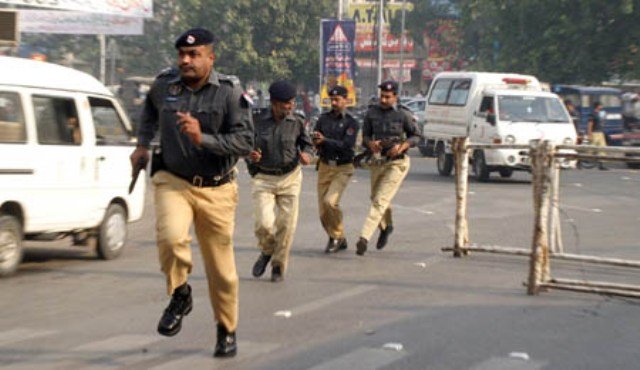
As we approach the new year, it is important that every institution of the state works together to deal with Pakistan’s multiple crises. As recent press interview by the head of the military’s press wing, while welcomed for the wide-range it covered, demonstrated that the Pakistani state has yet to really change its policies.
In his press conference, the DG ISPR “touched on a variety of subjects, including the reasons behind the upsurge in terrorism, the military’s issues with the PTI, as well as the critical situation in Kurram tribal district.”
As an editorial in Dawn pointed out, “while politicians are guilty of many sins, other institutions are not without blame either, as they have not done enough to stop illegality, and in some instances have even backed unconstitutional moves. So to pillory the politicians alone — which the establishment has been doing since the Ayub era — is hardly fair.”
It is, however, true that in the tribal areas while the security forces have succeeded in the ‘clear’ and ‘hold’ dimensions, the civil administration has failed in the ‘build’ phase. “Without the underdeveloped areas of KP and Balochistan receiving the same facilities as the settled areas or urban Pakistan, the militants will continue to exploit such inequalities.”
While it is a positive development that the military establishment is “willing to look into the factors fuelling terrorism. However, such introspection needs to be holistic. The mistakes made by all state institutions need to be acknowledged, and a way forward found. All institutions must speak in unison against illegal activities in the country.”
Finally, “rather than indulging in blame games, the political leadership and the military’s top brass, as well as other stakeholders, need to discuss both short- and long-term strategies to eradicate terrorism. These include kinetic actions, as well as sincere efforts to establish good governance and health and education facilities in the areas where militants go scouting for ‘talent’.”
![]()





